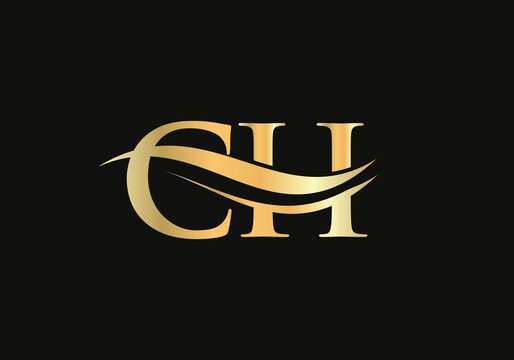A) The CEPA
Hong Kong and the Mainland China signed the “Mainland and Hong Kong Closer Economic Partnership Arrangement” known as the CEPA in June 2003.
This agreement provides tariff free treatment to all Hong Kong-origin goods that comply with the CEPA rules of origin.
Regular supplements have been signed between the Mainland and Hong Kong governments such as the Supplement VIII implemented in April 2012 and the most recent Supplement X in 2013.
However, despite the free trade of many goods, some of them are prohibited.
Indeed, goods that are subject to the tariff preference under the CEPA do not include those prohibited by the Mainland’s rules and regulations.
Moreover, those goods are prohibited most of the time because the Mainland’s government is engaged in international treaties or has committed in relevant international agreements.
SINO Info: You can find here a non-exhaustive list of the goods that are prohibited in the Mainland China: Mainland and Hong Kong Closer Economic Partnership Arrangement (CEPA)
B) Excise duties
Hong Kong was ranked the freest economy in the world for the 24th consecutive year in the US Heritage Foundation’s 2018 Index of Economic Freedom.
There is no tariff on goods entering Hong Kong.
There is no tariff on goods entering Hong Kong but four groups of goods are subject to excise duties, whether they are imported or manufactured locally, for domestic consumption:
- Certain hydrocarbon oil (motor spirit, aircraft spirit and light diesel oil),
- Liquor with alcoholic strength more than 30 per cent by volume,
- Methyl alcohol
- Tobacco (other than smokeless tobacco).
In first semester of 2018, 1.2% of all imports were subject to excise duties.

